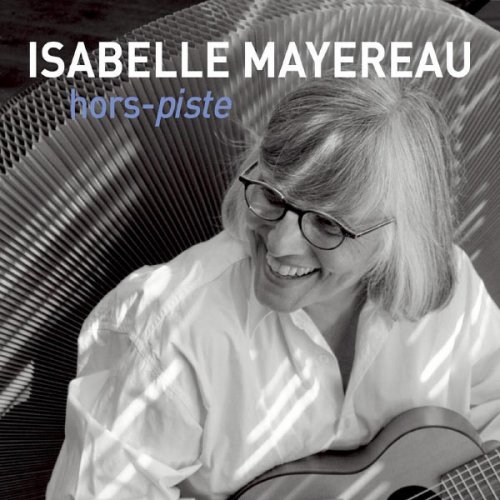Christoph von Dohnányi, The Cleveland Orchestra - Mahler: Symphony No. 9 / Hartmann: Adagio (1999)
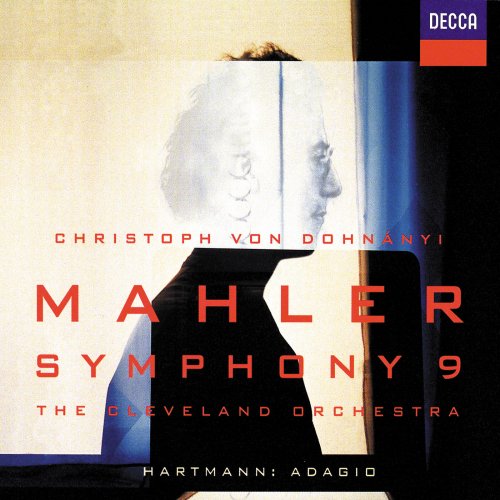
Artist: Christoph von Dohnányi, The Cleveland Orchestra
Title: Mahler: Symphony No. 9 / Hartmann: Adagio
Year Of Release: 1999
Label: Decca
Genre: Classical
Quality: FLAC (tracks)
Total Time: 01:39:46
Total Size: 413 Mb
WebSite: Album Preview
Tracklist:Title: Mahler: Symphony No. 9 / Hartmann: Adagio
Year Of Release: 1999
Label: Decca
Genre: Classical
Quality: FLAC (tracks)
Total Time: 01:39:46
Total Size: 413 Mb
WebSite: Album Preview
CD 1
Symphony No.9 in D (Gustav Mahler)
1. 1. Andante comodo 28:49
2. 2. Im Tempo eines gemächlichen Ländler. Etwas täppisch und sehr derb - Poco più mosso subito - Ländler, ganz langsam 16:28
3. 3. Rondo. Burleske (Allegro assai. Sehr trotzig - Presto) 13:27
CD 2
Symphony No.9 in D (Gustav Mahler)
1. 4. Adagio (Sehr langsam) 25:42
Symphony No.2 (Karl Amadeus Hartmann)
2. 2. Adagio 15:20
Performers:
The Cleveland Orchestra
Christoph von Dohnanyi
This is an excellent Mahler Ninth. It does not feature the tortured anguish of Bernstein (Sony & DG), the elegant pain of Giulini (DG), or the stately gloom of Walter (Sony), but, like Libor Pesek (Virgin Classics), it successfully straddles more than a few fences. But "straddling fences" does not imply it's middle-of-the-road--it is, in fact, more middle-of-the-night. Dohnányi often makes inner voices turn disruptive, yet coaxes the strings to sound both sweet and eerie in their heavy use of portamento; and he is scrupulous in extracting just about every last meaningful detail in this monumental work.
From the utterly hushed and ominous opening (perhaps the quietest ever recorded) to the tragic closing pages, this reading is kaleidoscopic in capturing the dark and sardonic emotional range. The finale comes across with the requisite feeling of desperate struggle and finally peaceful resignation; and in the first movement, following the crushing climax, when the main theme returns at 20:57, you know it's a pivotal moment here, as the frayed but beautiful music struggles for composure but suffers another defeat. The inner movements come off just as impressively as the tragic outer ones, too, with a bit more weight than is usual in the Scherzo. Not surprisingly, the Cleveland Orchestra responds stunningly, rising to every technical challenge.
Some may assert that Dohnányi's liberal doses of portamento and sometimes too obvious italicizing work against the otherwise fairly straightforward character of the reading, but he makes it work. He fully understands Mahler's tortured frame of mind here: angst-ridden and desperate in this music, the composer was failing due to both a serious heart ailment and his unreasoning dread of the number nine. Conductors, then, must impart plenty of passion and desperation, and Dohnányi supplies both, but without sounding quite as neurotic as, say, the equally compelling Bernstein. In the end, this new Decca recording must be ranked as one of the best Mahler Ninths in recent years. This symphony, by the way, is probably one of the several greatest of the century, other candidates being the Prokofiev Sixth, the Shostakovich Eighth, the Vaughn Williams Sixth and maybe one or two others by Mahler and Shostakovich.
The Karl Hartmann Adagio (Symphony No. 2), however, would not make any list of the greatest symphonies. Cast in a single movement, it is an interesting work of darkly Hindemithian character, ultimately pessimistic in its outlook--it's a post-war creation, coming from the pen of a German who remained an ardent anti-Nazi during the war years. The orchestration is assured and the piece has some depth. Dohnányi and company are again right on target, making a strong case for this lesser work. It's a nice bonus then, but obviously not the main attraction.
The sound is excellent in both works and the notes by Stephen Pettitt are enlightening.
From the utterly hushed and ominous opening (perhaps the quietest ever recorded) to the tragic closing pages, this reading is kaleidoscopic in capturing the dark and sardonic emotional range. The finale comes across with the requisite feeling of desperate struggle and finally peaceful resignation; and in the first movement, following the crushing climax, when the main theme returns at 20:57, you know it's a pivotal moment here, as the frayed but beautiful music struggles for composure but suffers another defeat. The inner movements come off just as impressively as the tragic outer ones, too, with a bit more weight than is usual in the Scherzo. Not surprisingly, the Cleveland Orchestra responds stunningly, rising to every technical challenge.
Some may assert that Dohnányi's liberal doses of portamento and sometimes too obvious italicizing work against the otherwise fairly straightforward character of the reading, but he makes it work. He fully understands Mahler's tortured frame of mind here: angst-ridden and desperate in this music, the composer was failing due to both a serious heart ailment and his unreasoning dread of the number nine. Conductors, then, must impart plenty of passion and desperation, and Dohnányi supplies both, but without sounding quite as neurotic as, say, the equally compelling Bernstein. In the end, this new Decca recording must be ranked as one of the best Mahler Ninths in recent years. This symphony, by the way, is probably one of the several greatest of the century, other candidates being the Prokofiev Sixth, the Shostakovich Eighth, the Vaughn Williams Sixth and maybe one or two others by Mahler and Shostakovich.
The Karl Hartmann Adagio (Symphony No. 2), however, would not make any list of the greatest symphonies. Cast in a single movement, it is an interesting work of darkly Hindemithian character, ultimately pessimistic in its outlook--it's a post-war creation, coming from the pen of a German who remained an ardent anti-Nazi during the war years. The orchestration is assured and the piece has some depth. Dohnányi and company are again right on target, making a strong case for this lesser work. It's a nice bonus then, but obviously not the main attraction.
The sound is excellent in both works and the notes by Stephen Pettitt are enlightening.
DOWNLOAD FROM ISRA.CLOUD
Christoph von Dohnányi Mahler Symphony No 9 Hartmann Adagio 99 2312.rar - 413.6 MB
Christoph von Dohnányi Mahler Symphony No 9 Hartmann Adagio 99 2312.rar - 413.6 MB
![The Cosmic Tones Research Trio - Live at Public Records (Live) (2026) [Hi-Res] The Cosmic Tones Research Trio - Live at Public Records (Live) (2026) [Hi-Res]](https://img.israbox.com/img/2026-03/04/485z12vap32l1wvonjqhl0gyw.jpg)
![The Voros Collective - Intercontinental Man (2026) [Hi-Res] The Voros Collective - Intercontinental Man (2026) [Hi-Res]](https://www.dibpic.com/uploads/posts/2026-03/1772344932_cover.jpg)

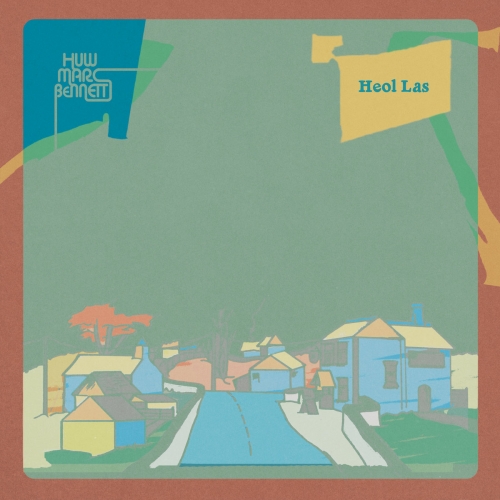
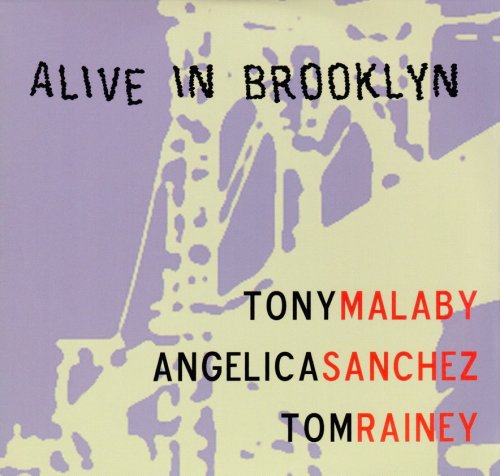
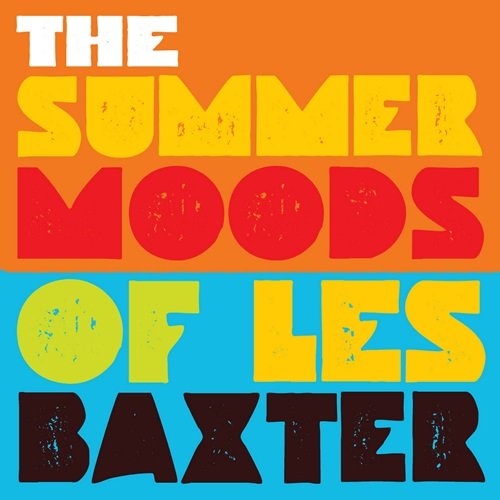
![Ying-Da Chen - Animal Triste (2026) [Hi-Res] Ying-Da Chen - Animal Triste (2026) [Hi-Res]](https://www.dibpic.com/uploads/posts/2026-03/1772673724_eioi3gteovgg7_600.jpg)
![Louis Billette - Lux II (2026) [Hi-Res] Louis Billette - Lux II (2026) [Hi-Res]](https://img.israbox.com/img/2026-03/02/mruoenouefcb2wvik5oje90ha.jpg)
